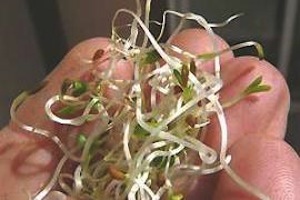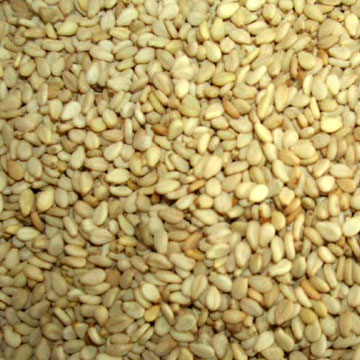A single shipment of fenugreek seeds from Egypt is the most likely source of a highly toxic E. coli epidemic in Germany which has killed 49 people and of a smaller outbreak in France, European investigators said on Tuesday.
The European Food Safety Authority urged the European Commission to make "all efforts" to prevent any further consumer exposure to suspect seeds and advised consumers not to eat sprouts or sprouted seeds unless they are thoroughly cooked.
Reuters reports more than 4,100 people in Europe and in North America have been infected in two outbreaks of E. coli infection — one centred in northern  Germany and one focused around the French city of Bordeaux.
Germany and one focused around the French city of Bordeaux.
Almost all of those affected in the first outbreak — the deadliest on record — lived in Germany or had recently travelled there. The infection has killed 48 people in Germany and one person in Sweden so far.
"The analysis of information from the French and German outbreaks leads to the conclusion that an imported lot of fenugreek seeds which was used to grow sprouts imported from Egypt by a German importer is the most common likely link," the EFSA said in a statement.
A consignment of fenugreek seeds, from the batch believed to be the source of the EHEC infection in Germany and France, has been tracked to Sweden, according to the Swedish National Food Administration.
The seeds have been recalled but 25 kilos have already arrived in Sweden. The National Food Administration has contacted the company Econova in Norrköping, who in their turn have stopped the sales and recalled already delivered bags of seeds.

.jpg) mustard vegetable sprouts were grown and served at a party at a creche near Bordeaux.
mustard vegetable sprouts were grown and served at a party at a creche near Bordeaux. sesame seed mixes supplied into the Irish retail market by Independent Irish Health Foods Ltd.
sesame seed mixes supplied into the Irish retail market by Independent Irish Health Foods Ltd.